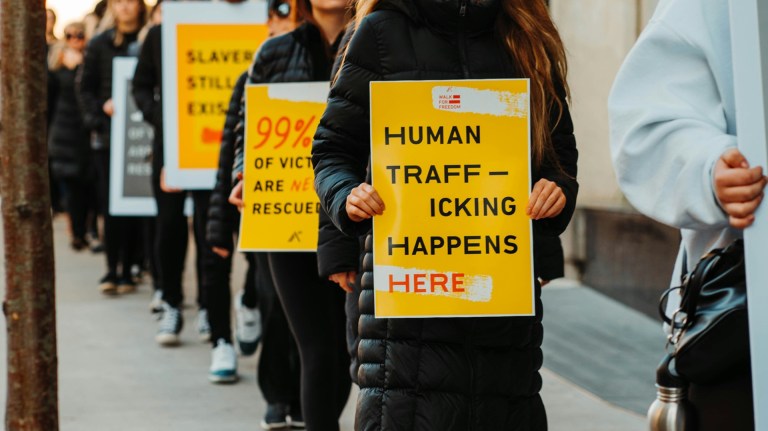Our last few Christmasses have been defined not by finding time for festivities but by the complexities of being unpaid carers. Last year, whilst one of us made a fourth trip across the Pennines to answer an urgent call for their mum, the other was frantically arranging oncology appointments for their husband all while self-isolating in the spare room.
For both of us it became full-time work, and while many worry whether they can fit everyone around the table to celebrate, we were more concerned about finding an hour to sit down at all. Over our festive period, plans were cancelled and replaced with hospital visits, even if the wards were covered with tinsel and the nurses donned Santa hats.
When people hear about experiences of unpaid carers (those family, friends or neighbours who are supporting someone who wouldn’t be able to manage without them) there can be lots of preconceptions – it can’t be that bad, they should just call the council and get help, it can fit around work. Often these arise because we talk about care as something in the distance that won’t affect us all.
- ‘We can’t keep up’: Councils cutting services and facing bankruptcy over rising cost of social care
- Nearly one million more people will be unpaid carers by 2035, report finds
But as our society changes, the likelihood of having a relationship with care is increasing. If we continue to deny that then we risk failing to create a genuinely caring world around us.
In the absence of a more meaningful conversation, we have had two dominant stories this year. Firstly, if we fund and “fix” social care all will be right with the system. And secondly, in the wake of the carer’s allowance scandal, unpaid carers need a social security system that helps them to take on more paid work. These ideas have been on repeat for decades with very little to show for themselves.
There is no doubt that both the social care and social security systems need reform – those with a relationship to care are more likely to leave work, live in poverty and experience health inequalities. But we’re too often presented with silver bullet solutions rather than interrogation of the root causes that lead us to a dysfunctional relationship with care to start with.










